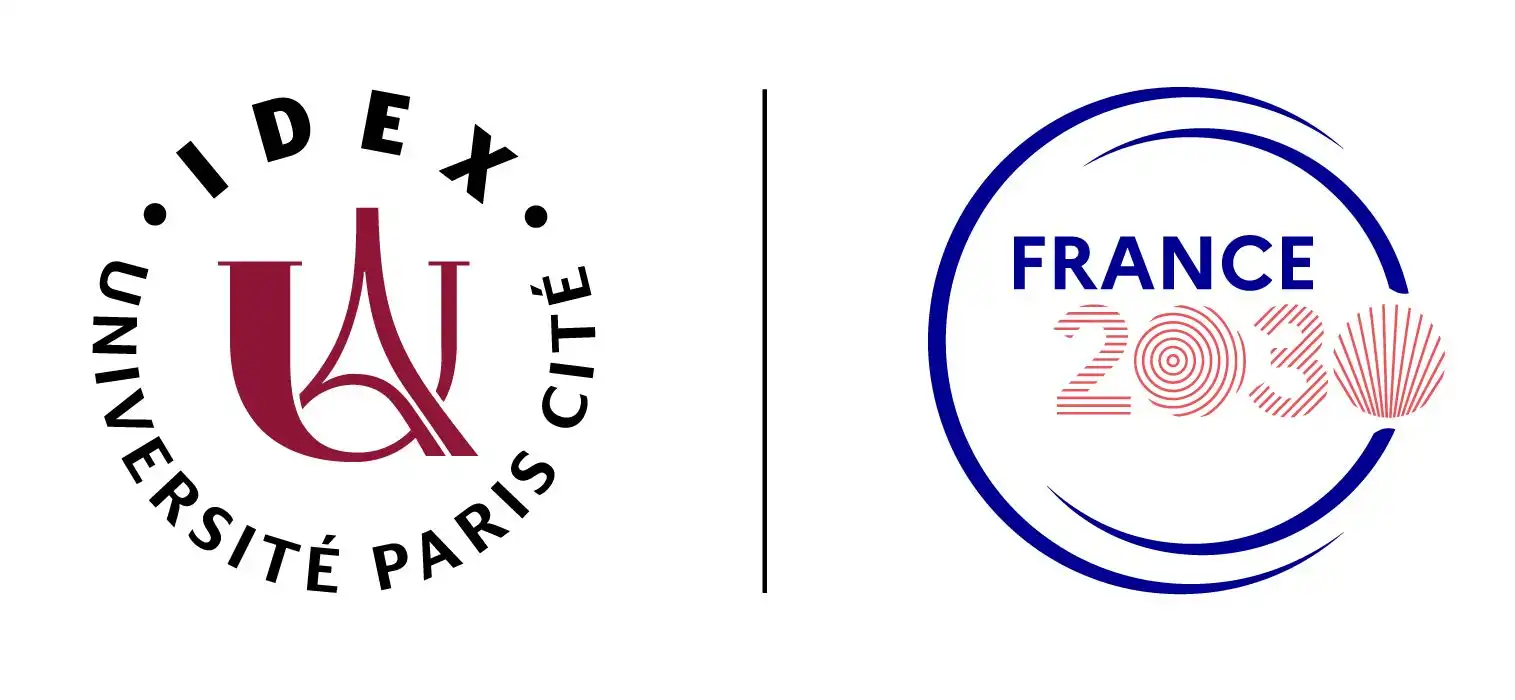
Home>Research>Project>La gouvernance urbaine face à la participation citoyenne : Etude de la trajectoire organisationnelle d’une innovation institutionnelle - Cas de la Coordination Nationale des Conseils de Développement (Traj-Inno-Démoc)
La gouvernance urbaine face à la participation citoyenne : Etude de la trajectoire organisationnelle d’une innovation institutionnelle - Cas de la Coordination Nationale des Conseils de Développement (Traj-Inno-Démoc)
Project holder
Rachida LARINOUNA (LADYSS, Université Paris Cité)
Project description
In a context of crises, the territory is characterized by the emergence of self-organized or institutionalized consultation and cooperation structures. The research project undertaken focuses on institutionalized citizen engagement and considers current democratic issues, which involve a renewal of participatory practices. This research focuses on the democratic dimension of urban governance systems, and takes into account participatory injunctions and the consideration of the citizen imperative (Blondiaux, 2008) in the context of the development, implementation and the evaluation of public policies. This project aims to transcribe the organizational evolution borrowed by an institutional innovation in a context of democratic experimentation, through a contextual analysis. To do this, we mobilize the concept of trajectory (Strauss, 1992) adapted to the evolutionary and dynamic dimension of the process studied applied to the three categories of actors identified. We analyze the organizational trajectory of one of the institutional incarnations of citizen participation in France: the National Coordination of Development Councils (CNCD), which is a structure that brings together a large number of Development Councils in France. These are structures for dialogue and consultation at the intercommunal level, established by law.
We also attempt to provide an analysis of the organizational change that emerges depending on the context. We look at the resulting methods of producing actionable knowledge (Argyris, 1993). We therefore analyze the possible transformative power of the latter through collective learning models (Camagni, 2004) considering the cognitive mechanisms developed by the actors in a complex interaction system

